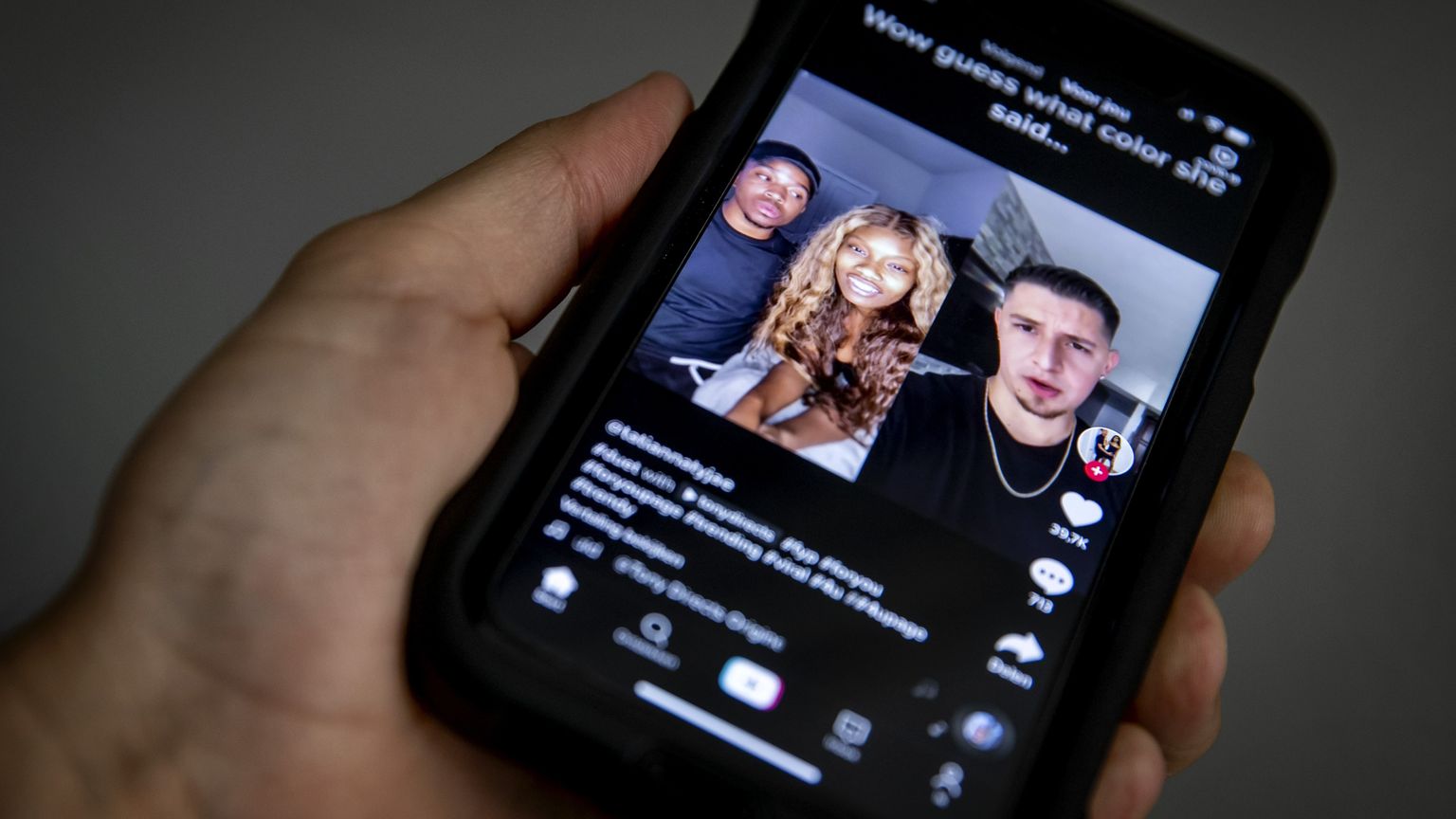Dutch Media Authority: “Government should force Big Tech to do news”

Research by the Dutch Media Authority shows that 78% of Dutch youth get their news mainly from social media, in particular Instagram, TikTok and YouTube, reports Wilfred Takken in the Dutch NRC newspaper today.
The research [link in Dutch] was conducted by Ipsos I&O on a sample of 2000 people between 16 and 24 year old.
This routine is likely to remain permanent as they become older, explain Authority staff Edmund Lauf and Karin Schut in an interview with Takken.
They highlight that this age group “no longer encounters or uses the valuable and quality information that news brands have to offer, while unchecked, unedited posts are allowed to circulate freely on social media”, due to the use of algorithms, and explain how this threatens the “vitality of Dutch democracy”.
Although youngsters knows the basic facts, they have little access to context or analysis, the researchers say, not helped by the fact that paper newspapers are no longer lying around in Dutch homes.
Moreover, media organisations are less present on social media, even though they should – with content tailored to this age group.
The problem, the researchers argue, is that these media, whom youngsters trust but rarely encounter, are not incentivised to provide news on social media, as the earnings don’t go to the news providers but only to the social media owners.
In particular they propose that “the [Dutch] government should financially incentivize news companies, and force the big tech companies to pay for the news they use,” similar to the current “must-carry” legislation that obliges cable companies to re-broadcast public TV and radio broadcasts.
“Tighter regulation is very important, especially at the European level. The EU is now looking mainly at monopoly formation and other market distortions of Big Tech, while information provision is also important. By the way, we did not investigate X because it appeared to play a minimal role in young people’s news consumption.”
See also this Google translated article by public news provider NOS.



